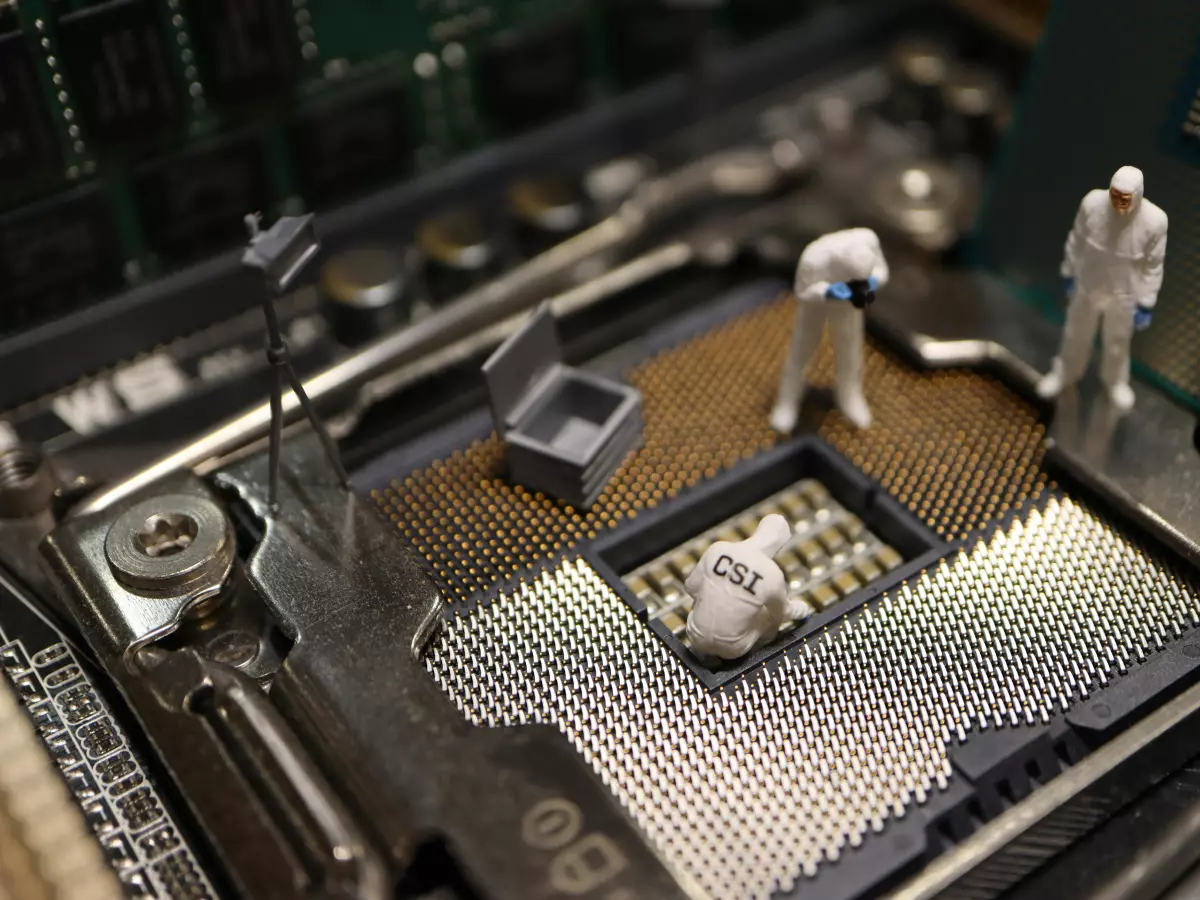Biometric Boost
“Security is not a product, but a process.” — Bruce Schneier

By Nina Schmidt
Google is stepping up its security game, and if you're an Android user, you're about to notice a big change in how Chrome handles your passwords. In the near future, Chrome will require biometric authentication before it automatically fills in your login credentials. Yes, that means your fingerprint or face scan will be the gatekeeper to your passwords. But why is this happening, and what does it mean for you?
Let's face it, passwords are a pain. Most of us have dozens, if not hundreds, of them. And while password managers and auto-fill features have made life easier, they’ve also become a juicy target for hackers. Enter biometric authentication—an extra layer of security that makes it harder for someone to access your passwords, even if they get their hands on your phone.
Why Biometric Authentication?
Biometric authentication is nothing new. You've probably used it to unlock your phone or authorize payments. But now, Chrome is taking it a step further by integrating it into its password auto-fill feature. This means that even if someone steals your phone, they won’t be able to access your saved passwords without your fingerprint or face scan.
Think of it as adding a deadbolt to your front door. Sure, the door lock is good, but the deadbolt makes it even harder for someone to break in. In this case, your password manager is the door lock, and biometric authentication is the deadbolt.
How It Works
When you try to auto-fill your login credentials on a website, Chrome will prompt you to authenticate using your phone’s biometric sensor. This could be a fingerprint scanner or facial recognition, depending on your device. Once you authenticate, Chrome will fill in your username and password. Simple, right?
And don’t worry, your biometric data isn’t stored in the cloud. It stays on your device, making it much harder for hackers to get their hands on it. Google has made it clear that this feature is designed to protect your data, not collect it.
What’s Next?
As cyber threats continue to evolve, so too must our defenses. Biometric authentication is just one of many steps that companies like Google are taking to keep your data safe. But this is likely just the beginning. We can expect to see more advanced forms of authentication in the future, such as behavioral biometrics, which could analyze the way you type or hold your phone to verify your identity.
In the meantime, this new feature is a welcome upgrade for anyone concerned about the security of their passwords. It’s easy to use, doesn’t require any extra hardware, and adds a significant layer of protection to your online accounts.
So, the next time you’re prompted to scan your fingerprint before Chrome fills in your password, just remember: it’s a small step for you, but a giant leap for your security.
For more details, you can check out the original article on 01net.





